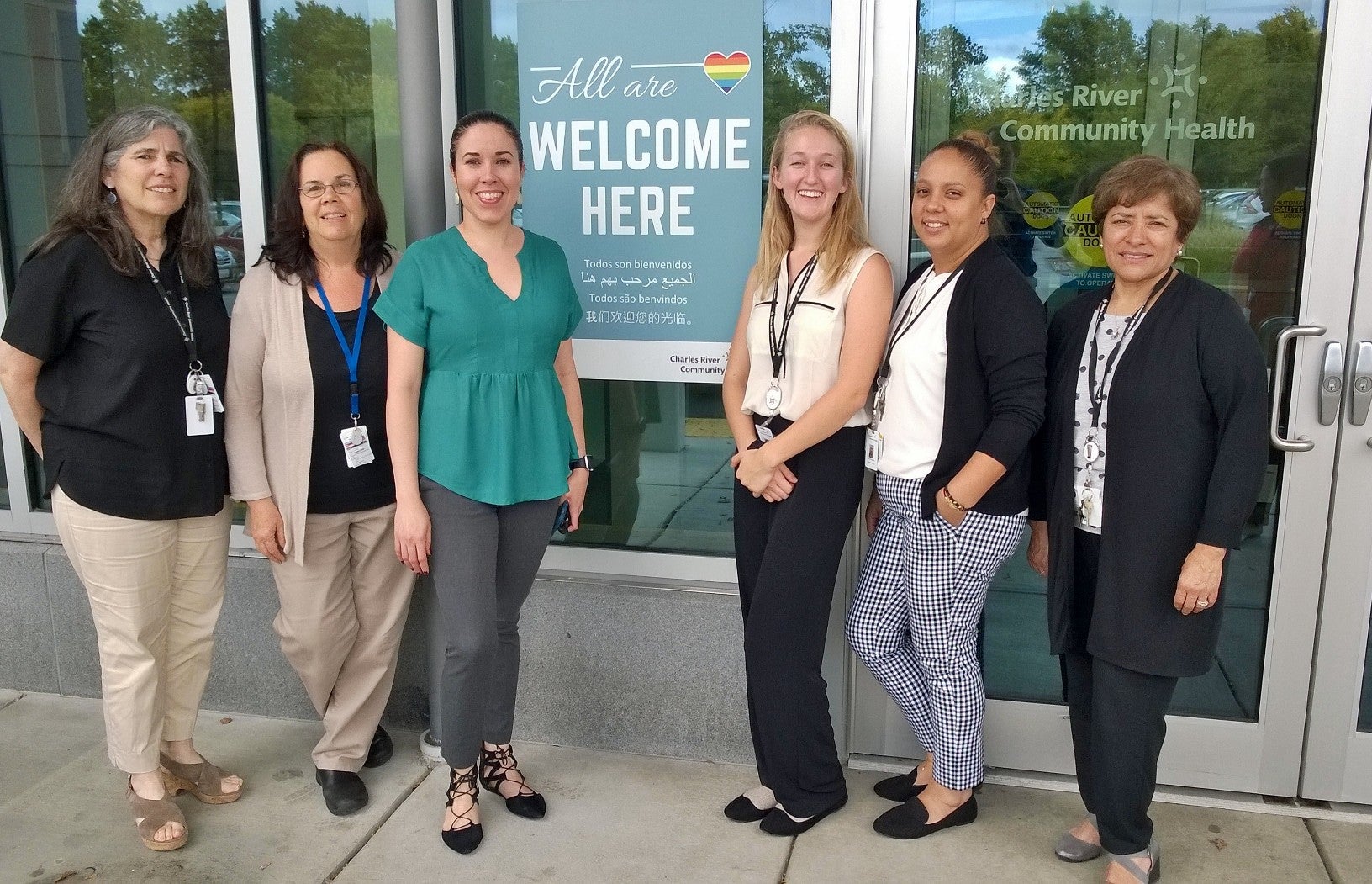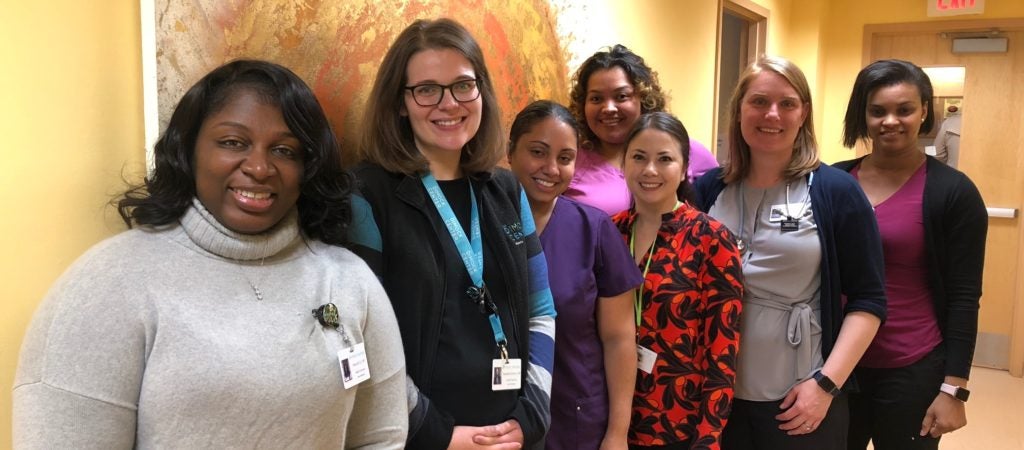Implementation Science Center for Cancer Control Equity
The Implementation Science Center for Cancer Control Equity (ISCCCE) is one of seven such centers funded by the National Cancer Institute Moonshot Initiative. ISCCCE aims to develop sustainable strategies for ensuring that all patients have access to evidence-based cancer prevention and control.
Improve community health by integrating health equity and implementation science for evidence-based cancer control.
The Implementation Science Center for Cancer Control Equity (ISCCCE) aims to create a unique and robust ecosystem to advance implementation science (IS) related to cancer prevention and control.
Our theme—improving community health by integrating health equity and implementation science for evidence-based cancer control—reflects our expertise in cancer disparities, community-based cancer prevention and control, and IS.
Our “grand challenge” is to address the inequitable implementation and limited scale of evidence-based interventions by developing and testing implementation strategies aimed at narrowing health inequities and by advancing methods that carefully consider the low-resource, complex nature of community health centers, where adaptation and cost-effective solutions are needed most.





About the Center
The goal of ISCCCE is to develop and test strategies to improve cancer prevention and control practices and health equity in Massachusetts community health centers. To achieve this, the ISCCCE aims to, in collaboration with the Massachusetts League of Community Health Centers, build strong, strategic and sustainable partnerships with 30 community health centers in Massachusetts. Participating health centers are engaged in different ways. For the first two years of the grant, four health centers are active pilot sites, and all are part of the learning community. In future years, other learning community health centers may engage as pilot sites as well.
This community of health centers across Massachusetts has been developed to increase implementation science in community health settings, enable a range of studies on the adoption and implementation of cancer prevention and control strategies, and allow for rapid cycle testing of innovative approaches in settings that serve populations with health disparities. Health centers will be offered a range of implementation support elements, including a virtual and in-person learning community to enhance organizational capacity, an implementation support team to guide integration of evidence-informed strategies into clinical practice and an implementation practitioner to provide ongoing technical assistance to pilot study sites.